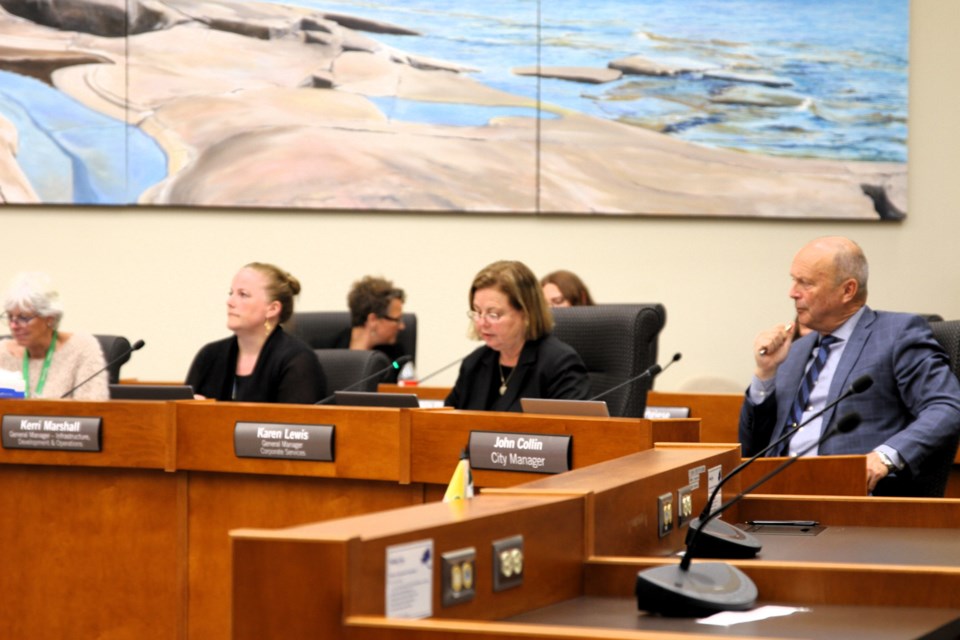THUNDER BAY — City council members were surprised to learn many short-term rental properties are not paying their municipal accommodation tax requirements.
During a discussion that saw council agree to increase the MAT tax from four per cent to five per cent, administration pointed out there are some short-term rental homes found on online platforms that are not paying the tax.
It irked at least one councillor.
“Do I have this right? That in essence, for six years, we've been doing the MAT for six years, short-term rentals have not been paying and therefore in violation of a bylaw, simply because they don't want to. And so we've left all of the million dollars on the table,” Coun. Andrew Foulds said.
"Yes," was the resounding answer from city administration.
Collecting from STR providers has become increasingly challenging for many municipalities that have MAT by-laws because the location of the STR properties is unknown.
Online platforms, such as Airbnb, will not collect the MAT on behalf of the homeowner, nor will they provide municipalities with a list of locations of short-term rentals.
Many municipalities have since begun advocating for the provincial government to pressure STR providers to start collecting MAT and location data to help municipalities bring those in violation into compliance.
Based on the data that city administration could collect on available STR average rates and occupancy, enforcing STRs to adhere to the city by-law the city stands to could generate $110,000 to $220,000 in additional revenue per year.
“For me, this is a question of equity. Hotels, motels, inns, they're paying it. I mean, are we going to be able to collect the past six years that have not been remitted? In my opinion, that's simply fair,” said Foulds.
Administration is working on an education plan that will outline the bylaw and inform STRs have to pay.
Another avenue they are taking is partnering with a company that offers STR compliance services to municipalities.
“Our hope is that over the next year, these two things together make a significant difference and we increase the number that are remitting. If it's not successful, at some point, we may get to a point where we will recommend that short-term rentals have to register,” Lewis said.
“There are some complications to that; we could report on it at a later date.”
Lewis said that administration would like to follow the advocacy and education route before looking into stricter regulations for STRs.
City manager John Collin said the law is the law and everybody should be following it, adding those who don’t follow the law owe the city in arrears.
However, there might be a significant cost to audit STR properties to ensure they comply with the bylaw.
“We actually don't know yet how much this audit function, which is what we're really talking about, how much the audit function is actually going to cost us on a yearly basis,” Collin said.
“Because of complications and how these Airbnb’s are always in a state of flux, which ones are on the market, which ones are not, there's potential that the audit function will cost us more than the money that we would recoup.”
The city has collected $12.2 million since implementing the municipal accommodation tax, which is split evenly between the city and the Community Economic Development Commission and used for tourism development and promotion.
